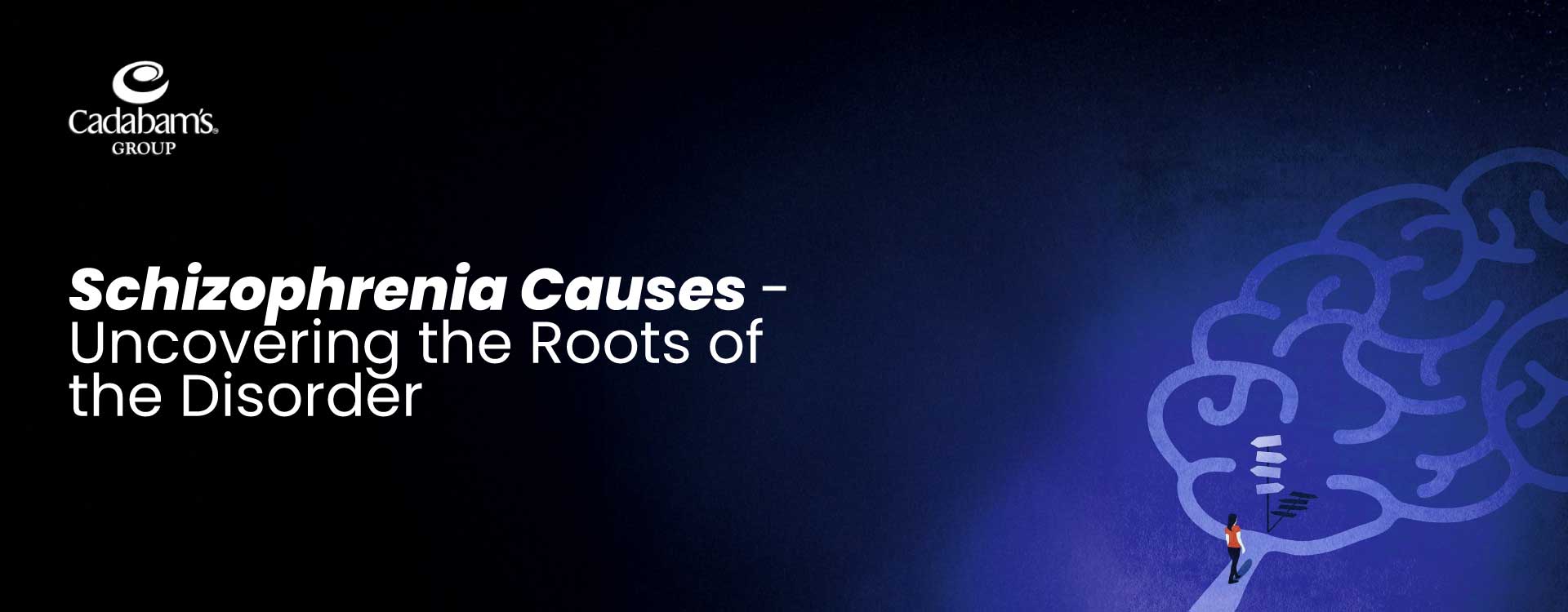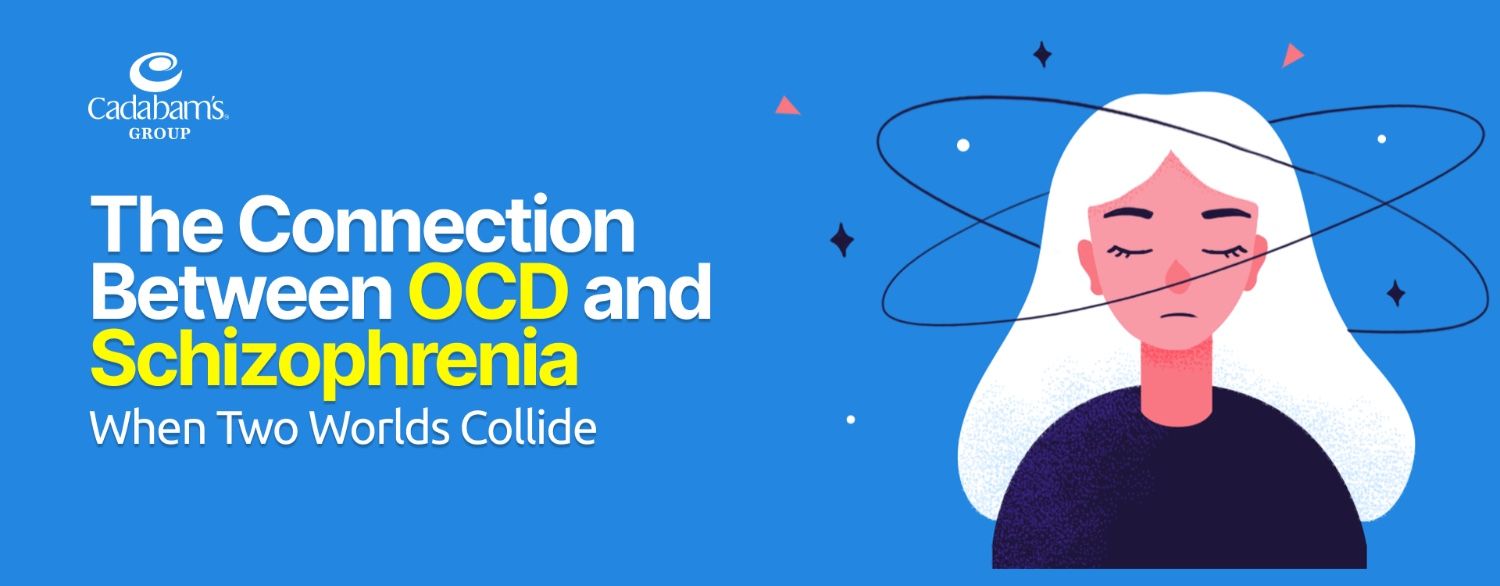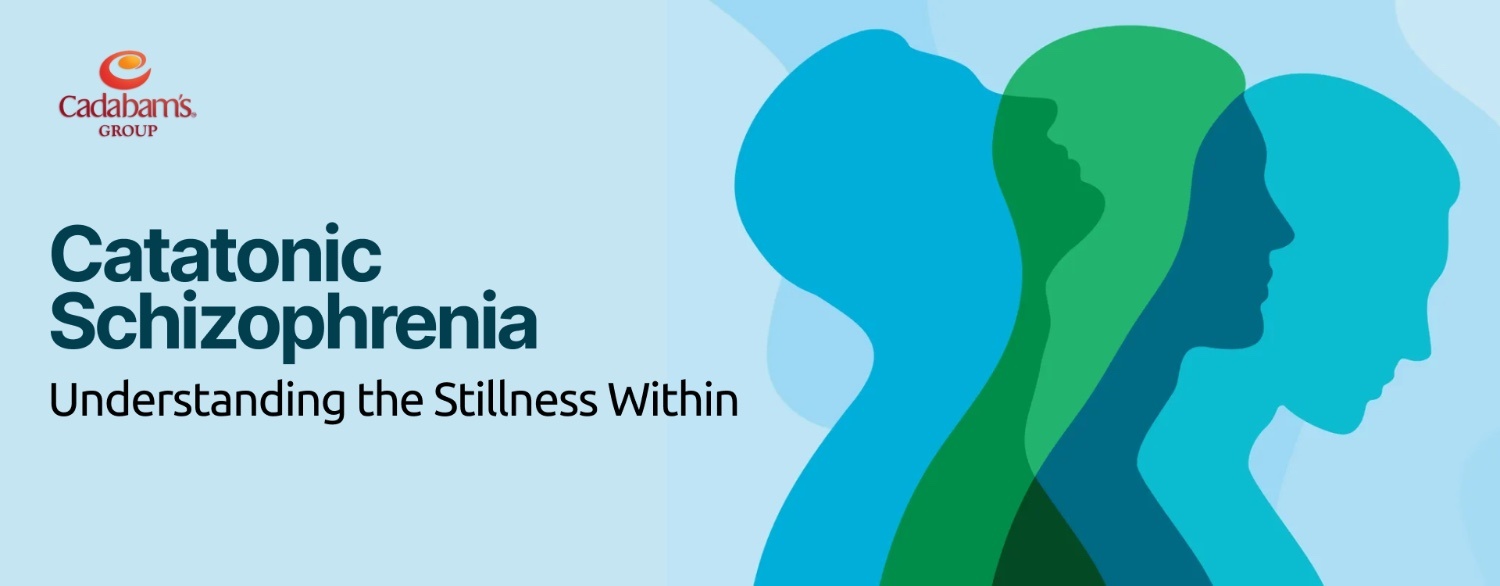Schizophrenia is a mental disorder that disrupts the normal functioning of the human brain, resulting in a variety of psychotic symptoms such as hallucinations, delusions, abnormally disorganized behavior, irritability, isolation, etc. In this article, we’ll be elaborating on ‘delusions’ and understanding the meaning of delusions.
What is the Meaning of Delusions?
In simple psychiatric terminology, a person is said to be experiencing delusions when he or she is observed to have ‘fixed’ false beliefs that cannot be argued or talked out rationally. Moreover, these beliefs cannot be accounted for by the socio-cultural background of the individual. To put it more simply, delusion is believing in something with utmost conviction that doesn’t hold in reality. Some brief examples of delusions would be feeling like they are being chased by someone, or everyone around keeps staring at them, or vaccination controls people’s minds.
Note: Figuring out if a person’s false belief is too rigid to be termed a ‘delusion’ can be tricky. One needs to deeply examine if they are open to changing their perception of that false belief.
Delusions vs Hallucinations: The Difference
Delusions are often confused with hallucinations. The difference between hallucinations and delusions is that delusions are rigid false beliefs that one continues to believe despite being confronted with evidence, while hallucinations, on the other hand, mean a person hears, sees, senses, or feels things that no one else is. Yes, a lot of times, delusions are indeed accompanied by hallucinations, especially in schizophrenia. And often, these hallucinations reinforce the existing delusion. But it does not necessarily happen with every patient.
How common are delusions in schizophrenia?
Delusions are quite common among those who are battling schizophrenia. In fact, around 90% of the individuals battling schizophrenia are diagnosed with having delusions as well. Delusions can vary between paranoid delusions, grandiose delusions, and more. They are one of the defining symptoms of the disorder, causing significant impairment.
Most Common Types of Schizophrenia Delusions
Unlike other diseases with definitive symptoms and signs, schizophrenia is a mental disorder, which means each patient’s experience will be slightly different from another. Having said that, medical professionals over the years have managed to categorize the different types of delusions, out of which we’ll be talking about the most common ones here.
Paranoid Thinking
This is an irrational belief that someone is being followed, tracked, or somehow targeted. Here’s an example of such delusion, “I know am being tracked and someone is stalking my house!” This tells us that the person is convinced that he/she is being stalked when, in reality, it is not true. A lot of times, patients also believe that they are being drugged, mistreated, or stared at.
Ideas of Reference
This is a belief that some events are uniquely related to the patient. Consider the patient telling you, “ The journalists are directly reporting about me.” What’s happening is that this patient believes that when they watch TV, the people on the channel are actually about them.
Thought Broadcasting
This is when a patient believes that he/she can hear an individual’s thoughts. Patients often say, “I can hear everything you think without you saying a word.”
Delusion of Grandeur
This is another kind of delusion where an individual firmly believes they have special powers that the common folks don’t possess. For example, someone might say, ”I am the most intelligent person alive. I should be president or the king of the world.” Such a belief will be considered a delusion of grandeur.
Delusions of Guilt
This is also a common type of delusion seen in patients with Schizophrenia, where the patient believes to be solely responsible for something. An example of this type of delusion would be, “ I am the one responsible for my mother’s failing health.” In reality, we know that it has nothing to do with that patient.
Delusion of Persecution or Persecutory Delusions
This is the belief that a person is being followed or harassed by gangs or a group of people. So, a patient having persecutory delusions might say, “My classmates are all ganging up against me because I don’t agree with everything they say or believe in, and so they want to hurt me.”
Erotomanic Delusions
In this type of delusion, a person is convinced that a famous personality or someone with a higher stature is in love with them. A patient experiencing erotomanic delusions may say, “ I am convinced that ‘XYZ’ movie star is totally in love with me!”
Somatic Delusions
A delusion is when a person thinks that their body is somehow diseased. Consider a case example of a patient saying, “ My scalp itches. My head is probably infected with incurable lice.” When, in fact, there is no obvious explanation for their scalp itching, and the doctor has ruled out the existence of any lice in their scalp.
Diagnosing Schizophrenia: What should be your first step?
If you happen to notice a loved one experiencing delusions, hallucinations, or difficulty in performing basic routine tasks, then the individual must immediately seek medical help. A lot of times, due to a lack of awareness and sheer ignorance, the patient’s family resorts to medical help as their last option. When in fact, a medical professional should be the first person you should consult to understand what’s wrong with the patient. Only after a thorough diagnosis can one conclude if it's schizophrenia or some other mental disorder.
Note: having delusions doesn’t necessarily mean schizophrenia. Some multiple tests and screenings help doctors rule out other causes possible causes of delusion, such as drugs or substance abuse.
Treatment for Schizophrenia Delusions
Treatment for delusions is largely a combination of medication and psychotherapy. Antipsychotic medications can help reduce the symptoms, while therapy can help the individual cope with the symptoms. Therapy can also help individuals identify their delusional thought processes and help them develop healthier coping mechanisms. Following a treatment regimen regularly is seen to be effective in treating delusions.
How does Cadabams help to treat schizophrenia?
Although there’s no cure for schizophrenia, there are effective antipsychotic drugs, therapies, and treatments that help improve the patient’s condition and prevent psychotic episodes. Leading a life with schizophrenia can be extremely tough.
At Cadabams, a patient’s speedy diagnosis is our primary aim. Over the last 20 years, our team of doctors and psychiatrists has treated some of the most complex cases of schizophrenia. Apart from correct diagnosis, medications, and therapies, our hospital and rehab centers are fully equipped to admit patients where they can receive intensive care and treatment.
If you are searching for a solution to your problem, Cadabam’s Rehabilitation Centre can help you with its team of specialized experts. We have been helping thousands of people live healthier and happier lives for 30+ years. We leverage evidence-based approaches and holistic treatment methods to help individuals effectively manage their Delusions in Schizophrenia. Get in touch with us today. You can call us at +91 96111 94949.
FAQs
1. What are the most common types of delusions in schizophrenia?
Common delusions amongst those who battle schizophrenia include delusions of persecution, delusions of grandeur, erotomanic delusions, and cotard delusions. These are severely distressing and can disrupt a person’s daily functioning.
2. How do delusions in schizophrenia impact daily life?
Delusions can adversely impact a person’s perception of reality. It can strain their relationships with the people around them while also impacting their daily functioning. It can cause a breakdown in their professional and academic lives.
3. How common are delusions in Schizophrenia?
Delusions are extremely common among those battling schizophrenia. 90% of those diagnosed with schizophrenia also exhibit signs of delusions. These delusions impact their daily functioning and their interpersonal relationships.
4. Can delusions in schizophrenia be treated?
Delusions can be treated with a combination of antipsychotic medication and psychotherapy. Medication reduces the incidence and severity of delusions, while psychotherapy helps a person cope with delusions and build resilience.
.webp)







